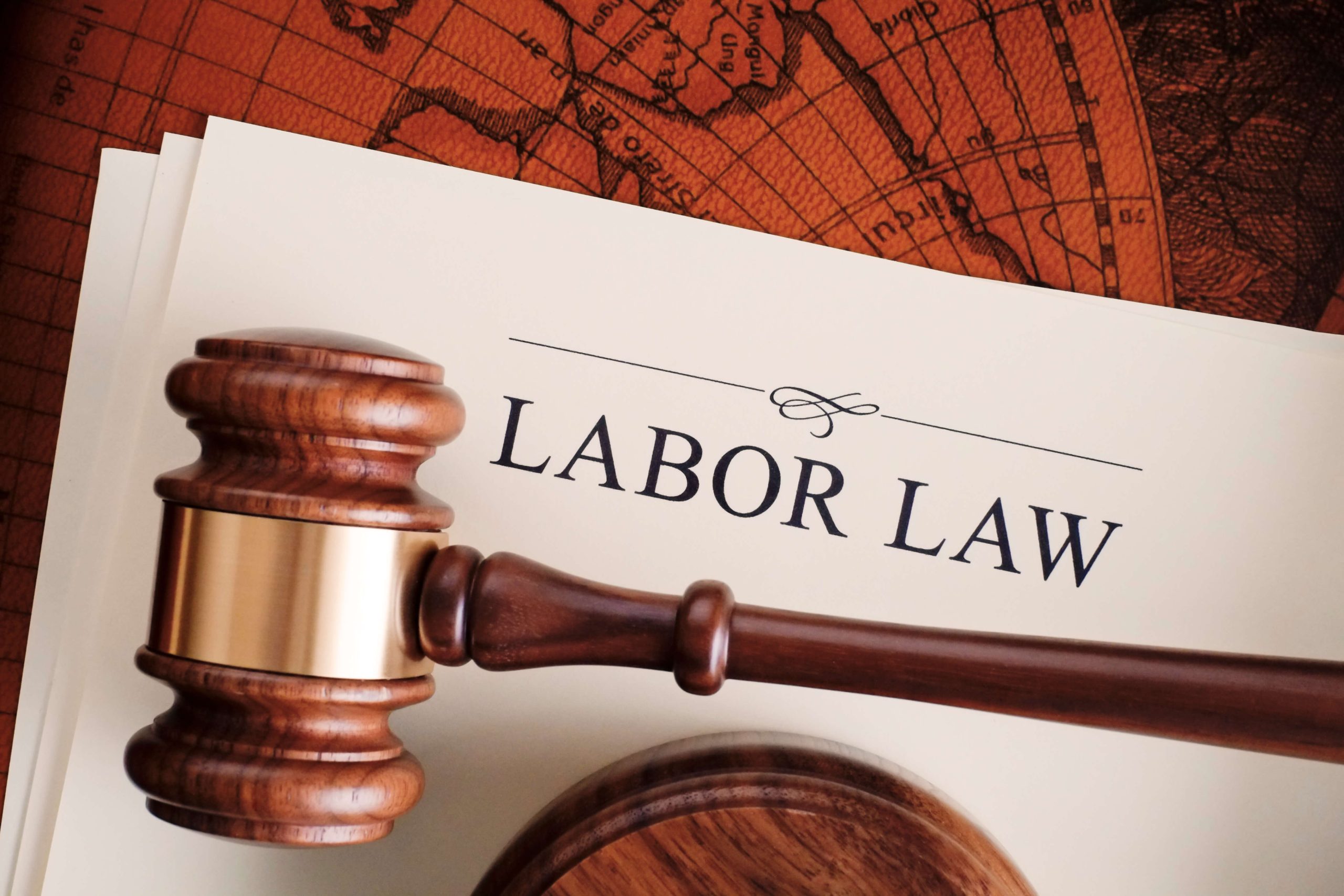Quick Hits
- The NLRB ruled that employers may violate the NLRA when they tell employees that potential unionization may strip them of their ability to bring issues directly to their employers.
- The ruling overturns a forty-year-old precedent that allowed businesses to tell employees that the workplace dynamic may change as a result of unionization.
Among other claims, the case involved alleged threats by a supervisor that unionization would result in the loss of employees’ ability to address issues with their managers on an individual basis.
The NLRB adopted an administrative law judge’s (ALJ) finding that such statements about the impact of unionization on the employees’ ability to address issues individually with their employer did not constitute unlawful threats.
Nonetheless, a three-member majority of the Board decided to “prospectively overrule” its 1985 Tri-Cast, Inc. decision, which held that “[t]here is no threat, either explicit or implicit, in a statement which explains to employees that, when they select a union to represent them, the relationship that existed between the employees and the employer will not be as before.”
The majority explained that Tri-Cast was “poorly reasoned when it was decided” and has led to the “categorically immunized employer campaign statements” that could reasonably be interpreted at threats.
“[T]he Board erred in deeming categorically lawful nearly any employer statement to employees touching on the impact that unionization would have on the relationship between individual employees and their employer,” NLRB Chair Lauren McFerran wrote in the decision.
Instead, the Board said “the purposes of the Act are better served if the content and context of such statements are analyzed on a case-by-case basis” consistent with the Supreme Court of the United States’ 1969 decision in NLRB v. Gissel Packing Co.
“Thus, to be deemed lawful, employer predictions about the negative impacts of unionization on employees’ ability to address issues individually with their employer ‘must be carefully phrased on the basis of objective fact to convey an employer’s belief as to demonstrably probable consequences beyond his control’,” the NLRB decision said.
Further, according to the decision, if such a prediction is not based “solely” on the economic necessities known to the employer, then “the statement is no longer a reasonable prediction based on available facts but a threat of retaliation based on misrepresentation and coercion.” (Emphasis added in NLRB decision.)
Ultimately, while the decision articulates a standard to analyze alleged statements in context, employers can likely anticipate an approach from the Board where it seeks an explanation of objective evidence to substantiate claims and then the Board retorts that any such evidence fails to prove the employer’s assertion. In essence, the Board creates a test that will be extremely difficult to satisfy under any circumstances.
The ruling is the latest union-friendly ruling by the Board and comes as the term for McFerran, whom then-president Barack Obama placed on the Board in 2014 and President Joe Biden elevated to chairman, expires on December 16, 2024.
Board Member Marvin Kaplan concurred in part and dissented in part. Specifically, he dissented from the Board’s approach on Tri-Cast, criticizing the majority’s claim that they were “overruling ‘Tri-Cast and its progeny,’” emphasizing the Board’s finding that the employer’s statements did not constitute unlawful threats and stating that issues in this case did not present an opportunity to overrule Tri-Cast.
Ogletree Deakins’ Traditional Labor Relations Practice Group will continue to monitor developments and will provide updates on the Traditional Labor Relations blog.
Follow and Subscribe






